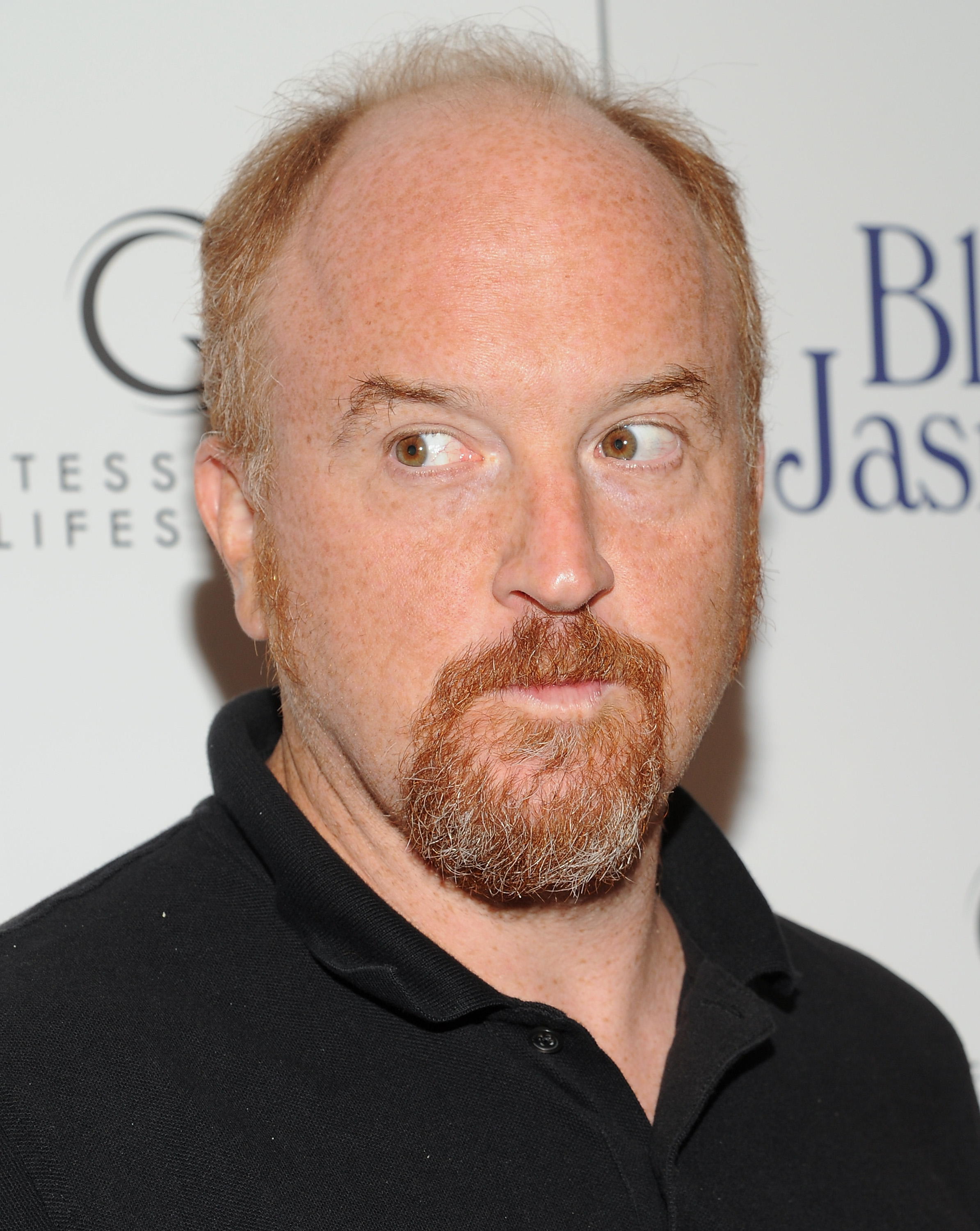
If you’re a fat woman, your ears tend to prick up when you hear that somebody allowed One Of Us on TV. If she’s doing something other than falling down or stuffing her face, you’re impressed. If she’s portrayed as a smart, funny person who calls out the show’s protagonist for his disinterest due to her size, your ears don’t just prick up, your jaw just about falls to the floor, too. It’s a rare thing. A recent episode of “Louie,” comedian Louis CK’s fantastic FX show, has received a lot of attention and praise for portraying a fat female character as something other than a punchline.
CK has received accolades for his takes on everything from cultural issues to personal ones. He’s hailed as one of our generation’s comedic geniuses, and rightly so. However, it seems much of the praise he gets for tackling topics like race and gender belies an implicit preference we have for our information on these issues — while we like to hear progressive stances on things like racial and gender inequality, we’d still prefer they come from white men.
Of course, the main reason people defer to Louis CK’s perspective on these subjects is because he’s extraordinarily gifted, not because he’s white and male. But it’s interesting to me that CK’s “stances” on these issues, hailed as groundbreaking — that being white in America is easy, that being a fat woman is tough — are not new comedic premises. They’re things non-white-male performers have been saying since they took the stage. It’s not that I think CK should stop talking about it, because I’m grateful for his perspective. I’m just uncomfortable with how much easier it is for people to swallow these ideas when they come out of his mouth than out of the mouths of the people he’s actually talking about.
I think the problem, like all problems in 2014, can be illustrated by a terrible Upworthy headline. The website posted a clip of CK’s excellent bit about white privilege on their website under the headline “Sometimes It Takes A White Dude To Get Real About Racism.” It should be obvious why that’s ridiculous. Non-White Dudes have been “Getting Real” about Racism for quite awhile. It’s just that for most of history, White Dudes have been lynching them for it. Now, we just accuse them of “making everything about race” instead. A more accurate title for that post: “If A Black Comedian Said This, He’d Be Stuck Doing Urban Comedy Nights Forever.”
It isn’t just issues of race. CK also frequently deals with gender inequality in his work in a way that is hailed as unprecedented — particularly his take on women’s vulnerability to sexual assault. While I’ve seen many women talk about the issues Louie covers onstage, few have been able to achieve mainstream success, and even fewer have been lauded for their incisive social commentary. Why is that?
I think there are a couple things going on — one is the idea that as a person who has not experienced sexism, CK is free to form an “objective” opinion on the issue, rather than having his position tainted by personal bias. But we’re talking about people’s lived experiences. Who better to tell you about how women are treated than an actual woman? Why do we need someone like Louie to make our experiences palatable?
Another issue is the fact that in entertainment culture, white and male are considered “neutral.” All types of audiences are presumed able to identify with white male protagonists, but the idea that people could enjoy a creative work with a different type of person at its center still seems to be novel. These types of creative works are sorted into special interest categories, intended for specific demographics — “chick flicks,” the aforementioned “urban comedy nights,” and so on. They’re the stuff of genre, not of High Culture. As such, they’re precluded from the kind of audience and accolades “Louie” receives. When these works aren’t ignored, they’re usually considered preachy or whiny — they make the audience feel bad.
Louis seems aware of this. On the show, his date tells him, “You can talk about how you’re overweight and it’s adorable, but if I say it, they call the suicide hotline on me.” I get that. I’m a comedian, and a fat woman, and I talk about it onstage. When I use the f-word to describe myself, the audience gets uncomfortable. They “Awwww” at me sympathetically, but the last thing I want is pity. I want laughter and, hopefully, understanding. I don’t want someone else to have to mediate that understanding for me.
Kath Barbadoro is an Austin, Tex. based stand up comedian.
More Must-Reads from TIME
- Cybersecurity Experts Are Sounding the Alarm on DOGE
- Meet the 2025 Women of the Year
- The Harsh Truth About Disability Inclusion
- Why Do More Young Adults Have Cancer?
- Colman Domingo Leads With Radical Love
- How to Get Better at Doing Things Alone
- Michelle Zauner Stares Down the Darkness
Contact us at letters@time.com